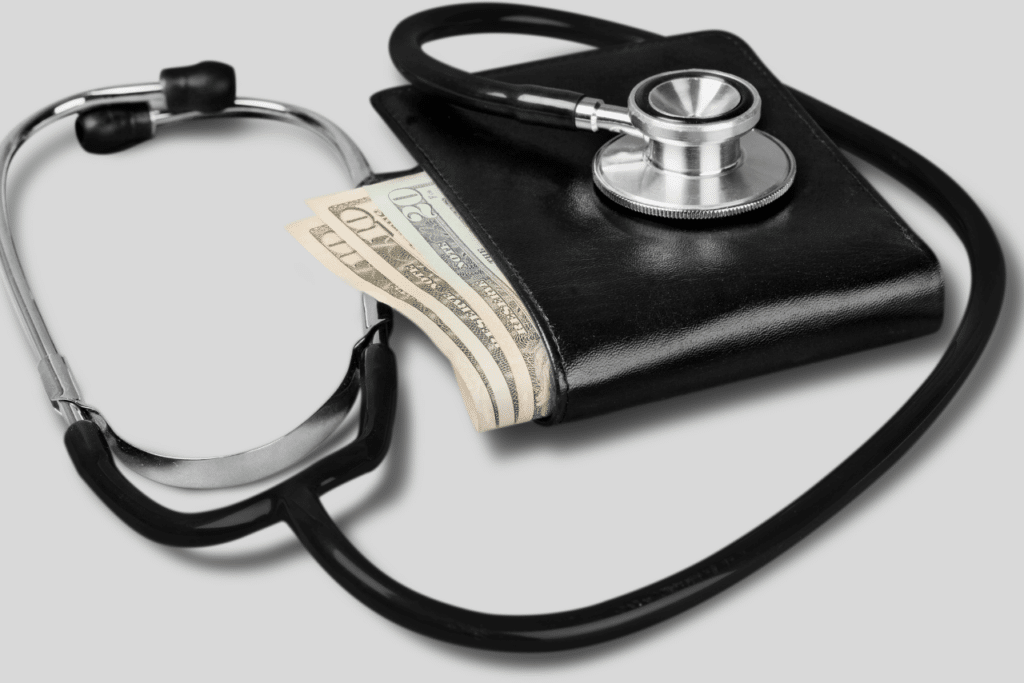Medical debt is a leading cause of financial strain for many individuals and families. As healthcare costs rise, unexpected medical emergencies can quickly turn routine visits or procedures into significant financial burdens. However, by planning ahead, making informed decisions, and utilizing available resources, you can reduce the risk of medical debt. Below are practical strategies to safeguard your health and finances.
Understand Your Insurance Coverage
The first step in avoiding medical debt is to understand your health insurance plan fully. Moreover, knowing the details of your coverage helps prevent unexpected expenses.
- Review Your Plan: Regularly check your deductible, co-pays, out-of-pocket maximums, and what services are covered.
- Network Awareness: Always use in-network providers to avoid higher out-of-pocket costs.
- Preventive Care: Take advantage of preventive services, like annual checkups and vaccinations, often covered at no cost by insurance plans.
Budget for Medical Expenses
Even with insurance, out-of-pocket medical expenses can accumulate quickly. Therefore, planning ahead is crucial to avoid unexpected financial strain.
- Set Aside Funds: Use a Health Savings Account (HSA) or Flexible Spending Account (FSA) to save pre-tax dollars for medical expenses.
- Emergency Fund: Maintain an emergency fund for unexpected costs not covered by insurance.
Advocate for Transparency
Healthcare billing can often feel opaque and confusing. However, advocating for billing clarity helps ensure you only pay for necessary services.
- Ask for Estimates: Always request detailed cost estimates before treatments or procedures.
- Request Itemized Bills: Check itemized bills to avoid being charged for services not received.
- Negotiate Costs: If bills are unexpectedly high, contact the billing department to discuss discounts, payment plans, or corrections.
Choose Affordable Care Options
Being strategic about where and how you seek care can make a substantial difference in managing costs while protecting your health and finances.
- Urgent Care vs. Emergency Room: To reduce expenses, use urgent care centers for non-emergency issues.
- Telemedicine Services: Opt for virtual visits for minor health concerns, as they save time and money.
- Community Health Clinics: Seek clinics with sliding-scale fees based on income to reduce costs.
Take Preventive Measures
Investing in your health now can prevent costly medical interventions later. Additionally, a proactive approach supports long-term health and finances.
- Healthy Lifestyle: Prioritize nutritious meals, regular exercise, and avoiding harmful habits like smoking.
- Routine Checkups: Regular screenings and checkups catch potential health issues early, reducing future expenses.
6. Understand Financial Assistance Options
Many hospitals and providers offer programs to help patients manage medical expenses. Thus, exploring these options can alleviate financial stress.
- Charity Care Programs: Nonprofit hospitals often provide reduced-cost care for qualifying patients.
- Payment Plans: Most providers allow interest-free payment plans to make medical bills more manageable.
- Government Programs: Investigate eligibility for Medicaid, Medicare, or CHIP to offset healthcare costs.
7. Avoid Unnecessary Procedures to protect your Health and Finances
Before agreeing to any treatment or test, confirm its necessity to avoid unnecessary expenses.
- Seek Second Opinions: Consult another provider to confirm the need for significant treatments or procedures.
- Ask Questions: Always ask about the necessity, cost, and alternatives to recommended treatments.
8. Be Prepared for Emergencies
Although emergencies are unpredictable, preparation minimizes their financial impact and protects your health and finances.
- Carry Insurance: Having insurance ensures protection from catastrophic medical expenses.
- Know Local Providers: In advance, identify nearby in-network urgent care centers and hospitals.
9. Avoid Using Credit Cards for Medical Bills
Paying medical bills with credit cards can lead to high-interest debt. Instead, explore lower-cost alternatives to manage payments.
- Negotiate Directly: Ask providers about payment plans or discounts for upfront payments.
- Seek Low-Interest Options: Use medical-specific credit options with lower rates if financing is unavoidable.
10. Stay Informed and Proactive
Being proactive and informed about healthcare rights and resources ensures better decisions regarding your health and finances.
- Know Your Rights: Learn about patient protection laws prohibiting surprise billing for out-of-network emergencies.
- Seek Support: Nonprofit organizations and advocacy groups can help navigate bills and insurance claims.
Conclusions about Health and Finances
Avoiding medical debt requires a proactive approach, combining an understanding of insurance, budgeting for healthcare, and advocating for billing transparency. These strategies can protect your health and finances, ensuring neither is compromised.
While no one can predict all medical needs, planning and using available resources reduces the risk of overwhelming medical debt. Remember, your health and finances are both vital—neither should come at the expense of the other. Set up an appointment with IBI Healthcare to discuss the best approach to keeping your health and finances healthy.










